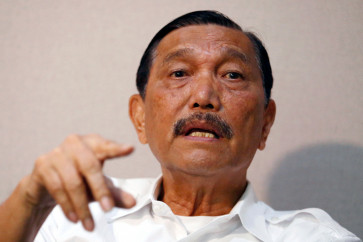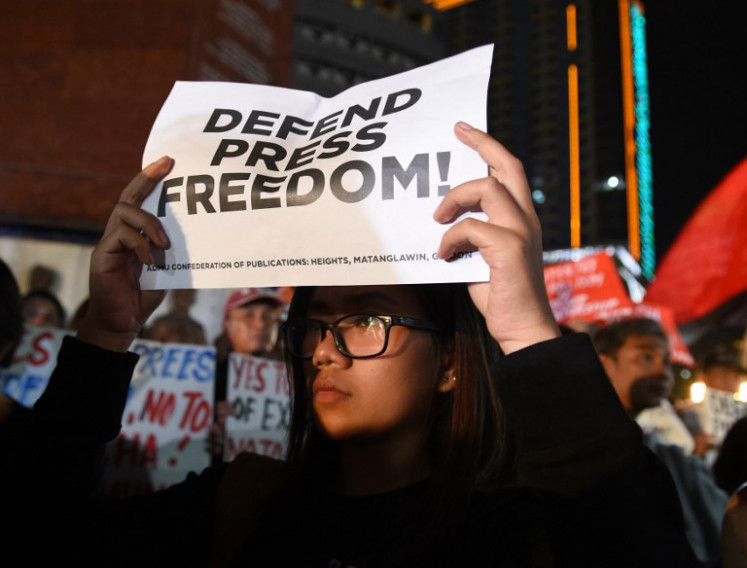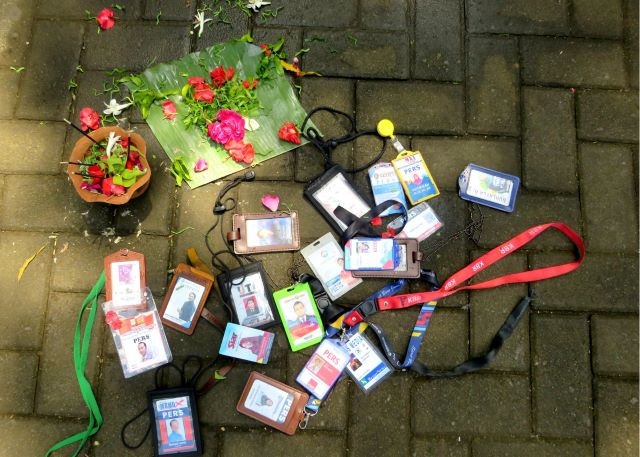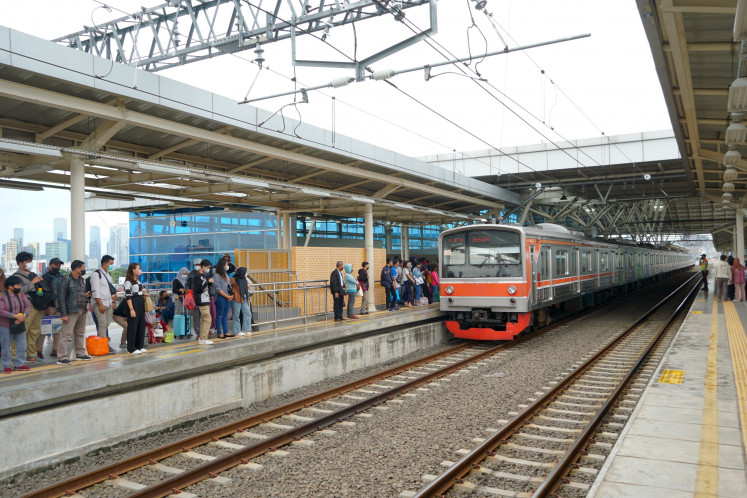BDF and global democracy
From Dec
Change Size

F
rom Dec. 9-10, 2010, Indonesia will host the third Bali Democracy Forum (BDF). The convening of this forum reflects the ever greater and unflagging commitment of Indonesia to democracy. It also reflects Indonesia’s conviction that democracy cannot stop here, but rather it should be shared with other nations.
Expecting representatives from 30 countries, including those at the head of state level, BDF III will be an important gathering for not only sharing experiences but also strengthening one another’s confidence in democracy. Through the BDF process, the representatives share best practices and lessons learned in making democracy work.
Since the end of the Cold War, democracy has become one of the main features of the global new reality.
Its acceptance by countries of the world has been increasing. Like an epidemic, democracy has swiftly spread to all corners of the globe. The increase in countries that practice democracy has eventually created a new global democratic constellation.
The convening of the BDF shows that geo-democracy is steadily taking root in Asia. Undoubtedly, BDF has a role in that regard. Western Europe and North America are no longer the only beacon of democracy and freedom. Indonesia and the Republic of Korea, that will co-chair BDF III, are among the countries that represent democracy inspiration in Asia.
In order to ensure that the sun of democracy continues to shine in Asia, democracies in the region must work together to strengthen it. They cannot be complacent about where they have arrived at now because democracy is an ongoing process. When procedural democracy already works, featured primarily by the holding of general elections, democracy must progress to be more substantive. In the latter context, the principles of democracy dictate the set up and the operation of a state, and the constitutents are genuinely participatory in public affairs of the state.
In Asia, there are two main challenges to democracy. First, while more countries steadily embrace democracy, there are still countries in the region that oppose democracy, or adopt it only half-heartedly. Some regimes tend to perpetuate the old ways of statehood, which are often irresponsive to the fulfillment of fundamental rights and freedom of their people.
Full democracies have a moral call to assist non-democracies or lukewarm democracies in dealing with obstacles that the latter are grappling with in light of adopting democracy. They do this through exchange of experiences as well as dialogue, and through respect for historical and local diversities and the principle of non-interference. And that is one of the objectives of BDF.
Second, democracy will become dubious when it does not help liberate its constituents from poverty, the bondage of deprivation, insecurity and underdevelopment. Thus, democracy must create deliverables. It must yield tangible results. One cannot claim a full democracy when its people continue to live in harsh poverty and under constant fear. Democracy must generate development, and the main objective of development is, in Amartya Sen’s words, the enhancement of human freedom. Democracy, development and respect for human rights and fundamental freedoms must reinforce one another.
Instrumental democracy is important to achieve social, economic and political progress and Indonesia, as the initiator of BDF, is well aware of this significance. In the past, BDF addressed the linkage between democracy and development and between democracy and the rule of law. And the third BDF will discuss ways by which democracy can promote peace and security and prevent the emergence or escalation of violent conflicts.
In the long run, BDF must contribute to building a global democracy architecture. If we believe that democracy is a foundation for durable peace, robust economic growth and political stability, building a global architecture of democracy will be as important as building a more just, balanced and sustainable global financial architecture and global security architecture.
This global democracy architecture must take into account the rich experiences of democracy. While democracy is one, it is rich in its manifestations and practices. Constructive pluralism and indigenous ingredients are important pillars of the architecture. Also important in the architecture is respect for virtue-based and rights-based principles of democracy.
Deliverability is also a critical aspect of global democracy architecture. Thus, this architecture should help, among others, achieve the millennium commitments, including the Millennium Development Goals.
Bali could be a democracy lighthouse in the global democracy landscape. It could help navigate collaboration and alliances among democracies with a view to ensuring progress and preventing backtracking. Let then the orchestra of democracy in Bali echo out to all corners of the region. Let it beam to the hearts of all nations.
The writer is assistant special staff to the President for International Relations. The opinions expressed are personal.









